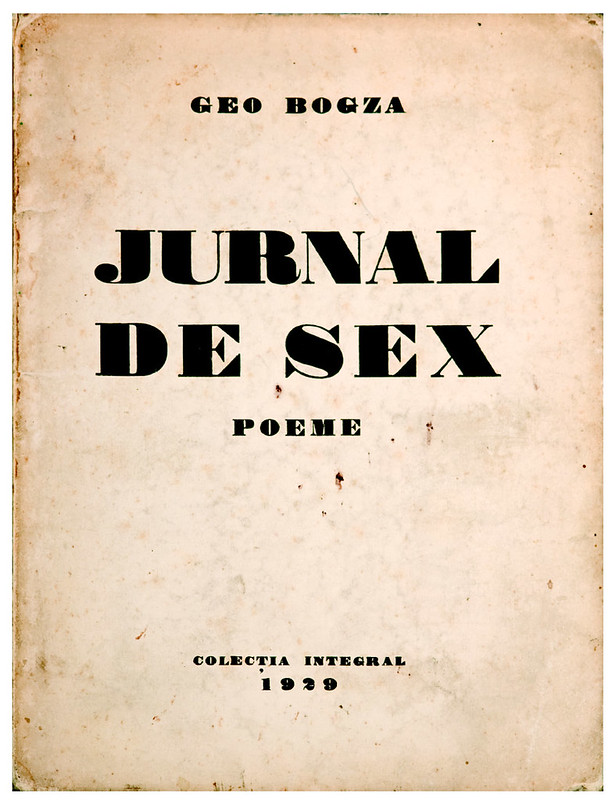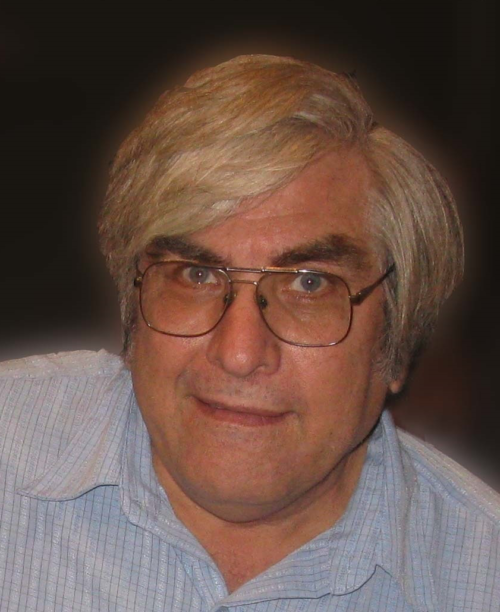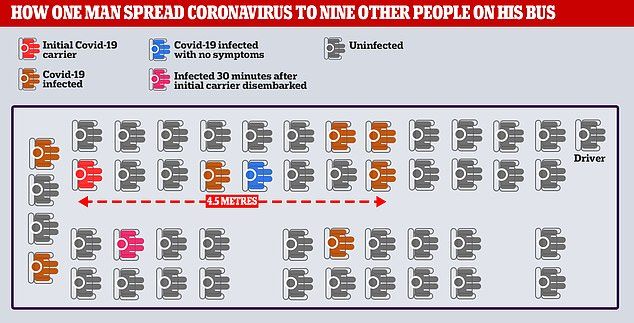
A team of stem cell researchers at the University of Maryland has lost a 2020 paper after failing to correct an error that they’d caught prior to submission.
The paper, “Endothelial/mesenchymal stem cell crosstalk within bioprinted coculture,” appeared in Tissue Engineering Part A, a Mary Ann Liebert publication. The senior author of the article was John Fisher, who holds an endowed chair in bioengineering at Maryland and also is one of the journal’s co-editors.
According to the retraction notice:
Continue reading ‘[A] disappointing situation’: Stem cell group retracts with ‘rectitude’ after error







